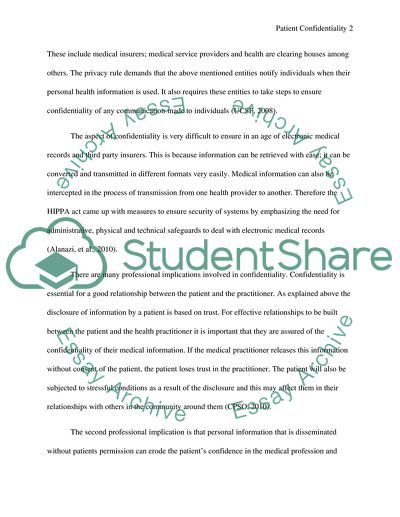Cite this document
(“Patient Confidentiality in the Pharmacy workplace Research Paper”, n.d.)
Patient Confidentiality in the Pharmacy workplace Research Paper. Retrieved from https://studentshare.org/health-sciences-medicine/1585100-patient-confidentiality-in-the-pharmacy-workplace
Patient Confidentiality in the Pharmacy workplace Research Paper. Retrieved from https://studentshare.org/health-sciences-medicine/1585100-patient-confidentiality-in-the-pharmacy-workplace
(Patient Confidentiality in the Pharmacy Workplace Research Paper)
Patient Confidentiality in the Pharmacy Workplace Research Paper. https://studentshare.org/health-sciences-medicine/1585100-patient-confidentiality-in-the-pharmacy-workplace.
Patient Confidentiality in the Pharmacy Workplace Research Paper. https://studentshare.org/health-sciences-medicine/1585100-patient-confidentiality-in-the-pharmacy-workplace.
“Patient Confidentiality in the Pharmacy Workplace Research Paper”, n.d. https://studentshare.org/health-sciences-medicine/1585100-patient-confidentiality-in-the-pharmacy-workplace.


